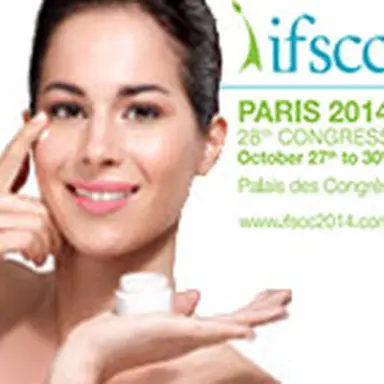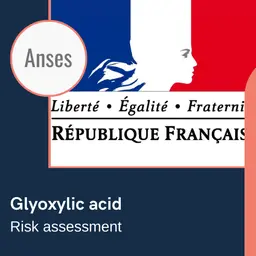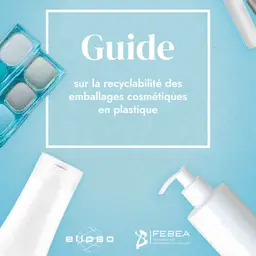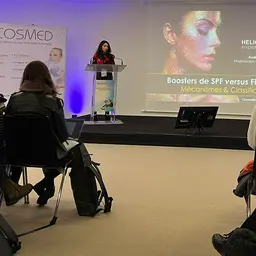
Cosmetic products cannot be evaluated in terms of efficacy or safety alone. A lot of research now focuses on sensory analysis techniques, which identify, characterize, and quantify the emotional effects of beauty and personal care products. At the IFSCC’s 28th congress, several works were presented and their conclusions were similar: cosmetics don’t just change our physical appearance, they also have a strong influence on well-being and even on social judgment.
Arnaud Aubert, a neuroscience and psychology researcher at the University of Tours, set the stage for a day of conferences on Beauty and the Senses. Above and beyond product claims and consumer expectations, studying the emotions linked to the use of a product makes it possible to confirm the effect and to objectively measure the changes caused, their significance (through quantification), and their characteristics.
There is a vast range of emotions, and until now the literature has focused primarily on negative emotions. Positive emotions (pleasure, joy, euphoria, well-being, etc.) have not been the subject of nearly as much research. And yet, according to Aubert, ‘well-being is not simply the absence of negative emotions. It also requires the presence of positive emotions!’ The scope of related research is extremely broad, especially since these emotions do not necessarily manifest as extreme responses to stimuli: they can also be very subtle or even be expressed unconsciously.
Emotions can affect the whole body, causing different kinds of behaviour that constitute signs to be studied:
• expressive signs (posture, gestures, vocalization, eye movements) can be filmed and recorded
• subjective signs, at the mental level, can be analyzed through questionnaires or neurocognitive …













